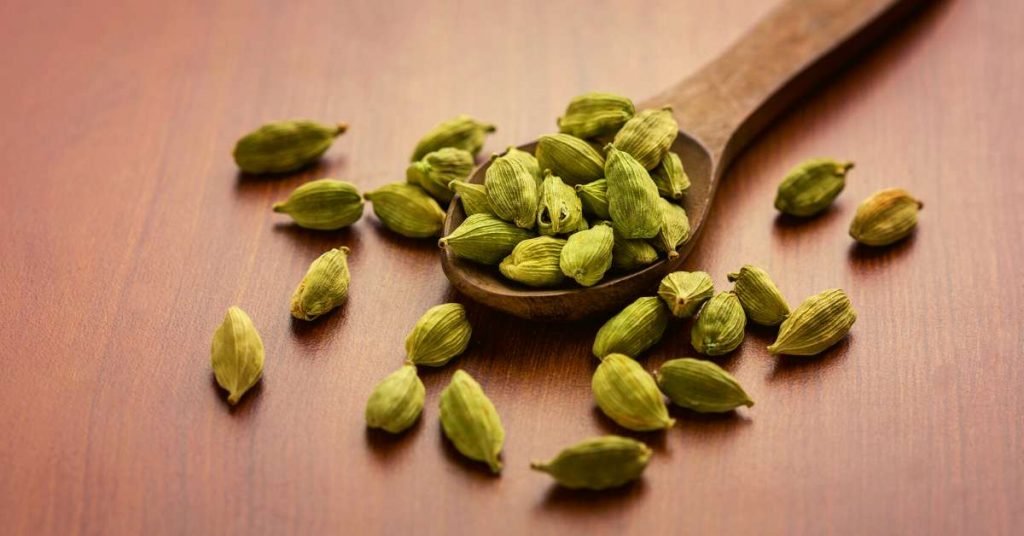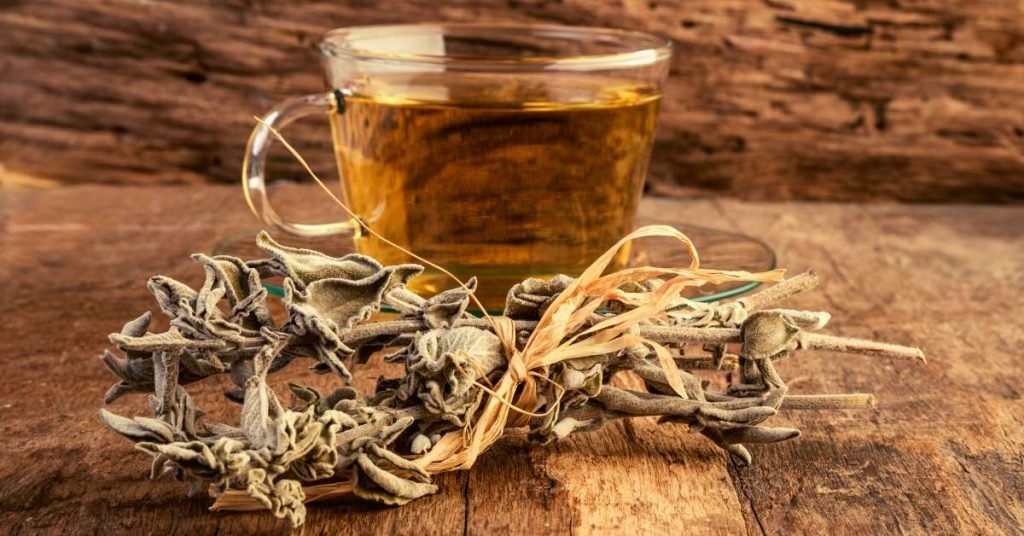The intestines are an essential part of the digestive system, as they are responsible for absorbing nutrients and eliminating toxic substances. Suffering from inflammation in the intestines or colitis may be due to different causes such as intolerance or allergy to certain foods, emotional factors, stress, medication consumption, presence of bacteria, or genetic factors, among others.
In addition to discomfort or pain, intestinal inflammation can cause other symptoms such as gas accumulation, constipation, or diarrhea. If you suffer from this problem, do not miss the following article in which we talk about the best teas to reduce inflammation of the intestine and colon. Discover them!
Peppermint and Anise Tea

Peppermint is one of the most commonly used natural plants to relieve stomach discomfort. Its anti-inflammatory, sedative, and antispasmodic properties are excellent for reducing belly pain and bloating.
Moreover, adding anise to this infusion will help reduce intestinal bloating, as it is a potent anti-inflammatory and reduces stomach spasms. Its digestive properties, in turn, serve to reduce the symptoms of irritable bowel. To find out how to make this infusion to reduce bowel inflammation, follow the steps below.
Ingredients
- 1 tablespoon of aniseed
- 10 grams of mint leaves
- 250 ml of water
Preparation
- Boil the water and add the mint leaves and the aniseed.
- Let it steep for 10 minutes.
- Strain the liquid and drink your infusion on an empty stomach and before meals.
Chamomile Tea

Chamomile is one of those natural plants to reduce inflammation of the colon known by all for its ability to relieve intestinal discomfort. The flavonoid content and other therapeutic substances in chamomile flowers give it anti-inflammatory, antibacterial, and soothing properties, making it a perfect infusion to relieve intestinal bloating.
Ingredients
- 1 tablespoon of chamomile flowers or a bag of chamomile for infusion
- 250 ml of water
Preparation
- Boil 250 ml of water.
- When it reaches boiling point, add the chamomile flowers or the chamomile tea bag.
- Let it steep for 5-10 minutes and your infusion is ready to drink.
- If you do not like the taste of chamomile, you can add half a teaspoon of aniseed. It will change the taste and you will benefit from its digestive properties.
Cardamom

Cardamom seeds have an essential oil that stimulates the digestion process and helps eliminate gas.
It is a medicinal herb for intestinal inflammation that is very effective in treating the discomfort caused by this condition. You can combine it with anise or mint to give more intensity to the flavor and benefit from the properties of the other herbs.
Ingredients
- 4 or 5 cardamom seeds
- 500 ml of water
Preparation
- Bring the water to a boil and add the seeds.
- Boil for 2 or 3 minutes.
- Let it cool for 30 minutes to concentrate and heat before serving.
Licorice Tea

Licorice tea has antispasmodic and anti-inflammatory properties that serve to support the gastric mucosa. Drinking licorice tea relieves stomach heaviness, colic, and other digestive discomfort caused by abdominal bloating and colitis.
Ingredients
- Two tablespoons of licorice
- 1 liter of water
Preparation
- Bring the water to a boil and add the tablespoon of licorice.
- Let it boil for 2 or 3 minutes.
- Steep for 5 minutes and strain.
- You can drink licorice tea throughout the day.
Sage Infusion

This plant has many properties, including anti-inflammatory and astringent. Drinking sage tea relieves the symptoms of irritable bowel and is beneficial for preventing intestinal inflammation and improving bacterial flora.
Ingredients
- 1 liter of water
- 10 sage leaves
Preparation
- Bring water to a boil and, when it reaches boiling point, add the sage leaves.
- If you want to enhance the digestive effects of the tea and improve the flavor, you can add a cinnamon stick.
- Let it boil for 15 minutes and give it about 5 minutes of rest (already removed from the fire).
- Strain the infusion and drink it whenever you want, hot or cold.
Medical Disclaimer
Itsnevernotteatime.com cannot and does not contain medical/health advice. The medical/health information is provided for general and educational purposes only and is not a substitute for professional advice.
Statements made on this website regarding the herbal and natural products offered on this website have not been evaluated by the food and drug administration as the FDA does not evaluate or test herbs. This information has not been evaluated by the US Food and Drug Administration, nor has it gone through the rigorous double-blind studies required before a particular product can be deemed truly beneficial or potentially dangerous and prescribed in the treatment of any condition or disease.
It is not meant to substitute for medical advice or diagnosis provided by your physician or other medical professionals. Do not use this information to diagnose, treat or cure any illness or health condition.
Accordingly, before taking any actions based upon such information, we encourage you to consult with the appropriate professionals. We do not provide any kind of medical/health advice. The use or reliance of any information contained on this site is solely at your own risk.
Please visit this FDA website to clear any confusions you have about food and dietary products and their ingredients:
Please visit this FDA website to clear any confusions you have about food and dietary products and their ingredients: https://www.fda.gov/Food/DietarySupplements/default.htm
MEDICAL DISCLAIMER
Itsnevernotteatime.com cannot and does not contain medical/health advice. The medical/health information is provided for general and educational purposes only and is not a substitute for professional advice.




